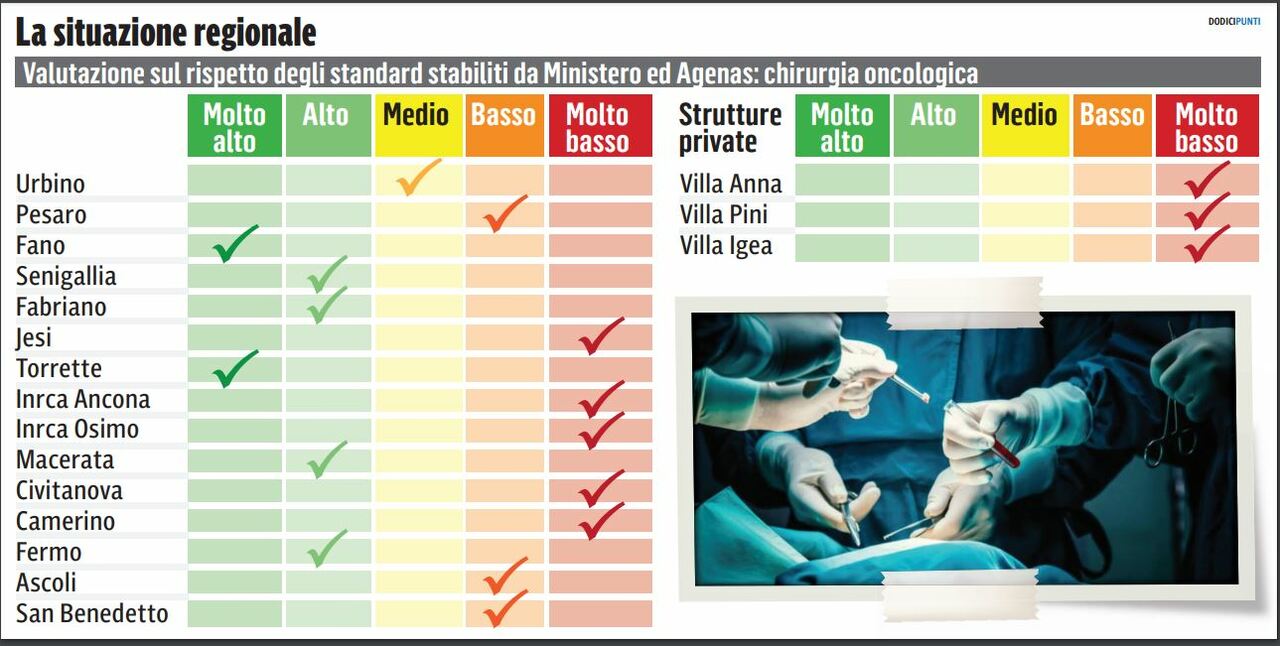The main obstacles on the way to the centers in Albania come from community law, i.e. from the directives regarding asylum seekers and from the recent ruling of the Luxembourg Court on safe countries. Thus, between the attacks on judges for personal affairs and the traditional accusation of “red robes”, the desire for “legislative sovereignty” has re-emerged among the Italian right (Massimo Franco on Courier). The secret dream is the primacy of national law over community law. The Northern League senator Claudio Borghi has asked for a fact-finding investigation to «clarify the operation of European Union law in national systems». According to Andrea Saccucci – a lawyer specializing in national and international human rights litigation, who beat the Berlusconi government on illegal repatriations to Libya but defended the Knight before the ECHR against his ineligibility – he has no doubts: «EU rules prevail , it is a clear fact.”
Part of the government seems intolerant of European laws. Is there any way to circumvent them or subordinate them to the national ones?
The primacy of Union law over domestic law was affirmed a long time ago and is now recognized in our legal system also at a constitutional level. It is clear that participation in the EU implies this principle, linked by the Consulta to article 11 of the Constitution which allows Italy limitations on sovereignty.
In Poland and Hungary, laws have been passed that are contrary to community norms, for example on civil rights and judicial independence. Do you rule out it happening in Italy too?
At the moment yes, precisely because our legal system applies the principle of EU primacy. There are no reasons to doubt that Italy will live up to the commitments and obligations that derive from participation in the Union. Also because, in this case, a change to the constitutional rules would be necessary which I do not consider probable. The opposite principle should be imposed: the primacy of domestic law. At that point the opening of an infringement procedure would be a given and Italy’s very participation in the EU would have to be called into question.
The latest episode that has made the government nervous is the reference for a preliminary ruling from the Bologna court to the Luxembourg court. Was the reference to Nazi Germany exaggerated or part of a valid argument?
Regardless of the arguments used by the referring judge, the legal reasons are absolutely acceptable. Faced with the harsh criticism of the Rome court for the decision not to validate the detentions in the Albanian centres, the preliminary ruling, i.e. the activation of the cooperation procedure between internal judges and the European Court, is the most suitable way to clear the field from any interpretative doubts or attempts at exploitation.
But what is happening with these “safe countries” from a legal point of view? The government can’t get to the bottom of it.
The problem is in relation to the Italy-Albania protocol: it only applies to migrants who can be subjected to accelerated border procedures. That is, asylum seekers originating from safe countries. The list was drawn up by the Ministry of Foreign Affairs and included states that our government considers globally safe, even if they are not safe in certain parts of the territory or for certain categories of people. The lack of validation by the Rome court instead rests on the interpretation of a recent ruling by the EU Court, which pushed the Italian judges to reject the executive’s list. This prevented the application of border procedures and the detention of asylum seekers in Albanian centres. Therefore the definition of a safe country is a thorn in the side of that project, which involves extraordinary economic commitments.
Until now, community law has been an element of greater guarantee for asylum seekers than national policies. Will this also be the case when the new EU pact comes into force?
We all hope so. Community legislation has always represented a fundamental guarantee for fundamental rights and is proving it even in these times. It is clearly not immune to the influence of political trends emerging in the Member States. In recent years there has been a progressive narrowing of the protections offered by European law. Perhaps this climate explains why the EU has not yet taken a clear and clear position on the project in Albania.


